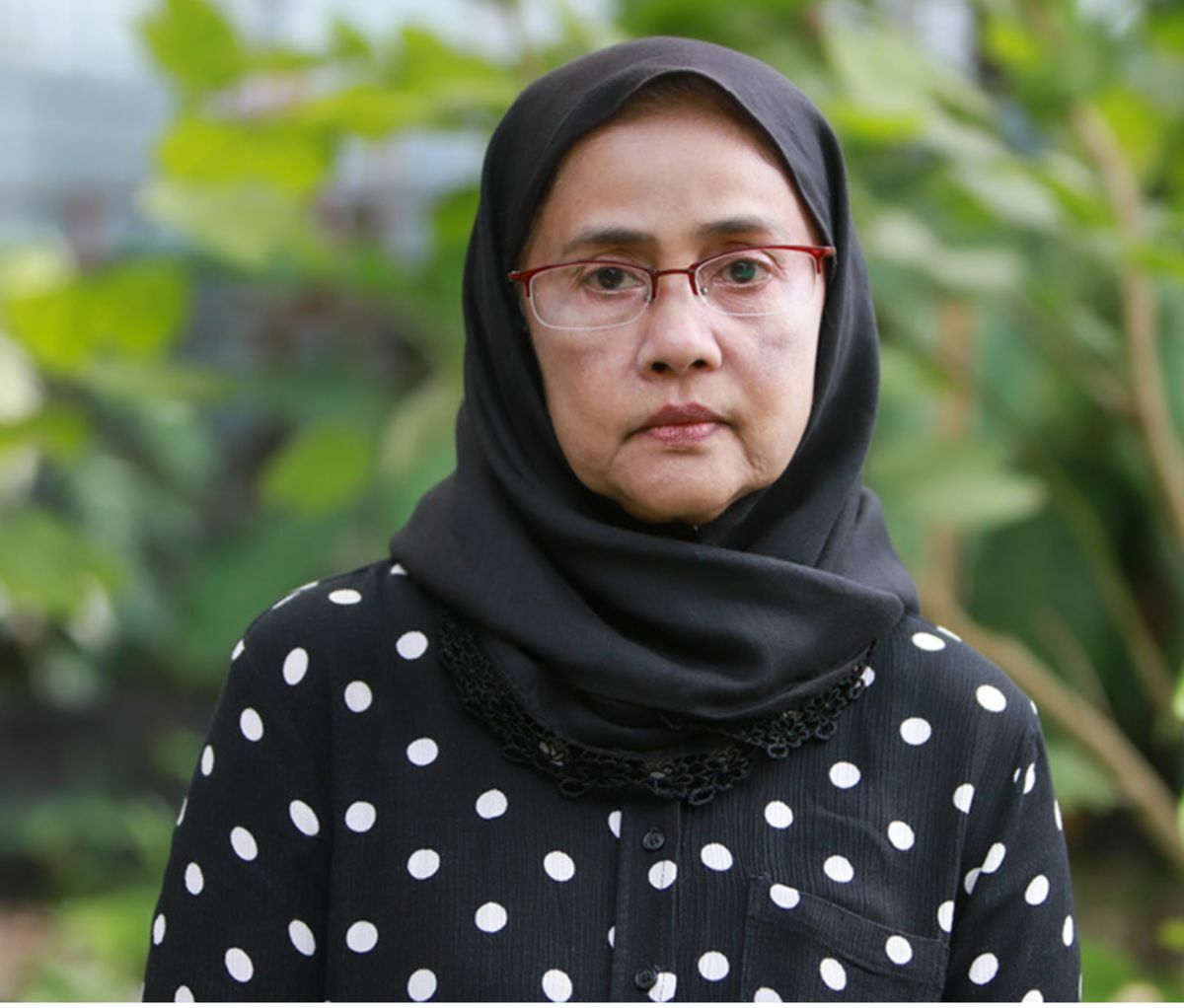New Thailand senators promise change and optimism in politics

Newly appointed Senators in Thailand are expected to bring a wave of change and optimism to the political landscape, asserts Angkhana Neelapaijit.
Rumours suggest a significant number of the new Senators have affiliations with the Bhumjaithai Party. However, Angkhana maintains that Senators can still operate independently and prioritise the public’s interests.
Angkhana, in an interview, acknowledged her minority status within the Senate, as many Senators seem aligned with political figures.
“I will work to the best of my abilities. But I expect to be in the minority… Several Senators are believed to belong to the same group [with political affiliations]. We have to admit the reality of the Senate election outcome.”
Manager at Internet Dialogue on Law Reform, Yingcheep Atchanont, highlighted that Angkhana, a former National Human Rights Commission member, secured her seat representing a civil society group. However, she received fewer votes than lesser-known candidates from Buriram, a BJT stronghold.
Angkhana expressed optimism about the new Senate’s potential to bring positive change compared to the previous junta-appointed chamber.
More hope
“The new Senate gives more hope than the previous chamber. I know several independent Senators, and they expect to bring about change.
“Political parties and anyone who exerts influence from outside should stop interfering. Senators should be allowed to express their opinions freely.
“When it comes to important issues that affect people, Senators are duty-bound to listen to people regardless of their political affiliations.”
She also made comments on several new Senators who were former politicians themselves but Angkhana remains steadfast on their ability to operate with independence to their former political stances.
“Several new Senators are believed to have political ties. Some were former MPs and some were former local politicians. But now they have to prove themselves in their new role and show their independence,
“When key bills are tabled to the Senate for consideration, Senators must carry out their duty properly without any pressure from external influence. Vote on the passage of new legislation will be an indicator of whether the new senators are independent.”
New chapter
Addressing the Senate’s involvement in constitutional amendments, Angkhana pointed out that Senators have previously disregarded public-initiated charter amendment proposals. She pledged support from herself and other Senators for such proposals moving forward.
Under the constitution, a charter amendment proposal requires backing from one-third of the 200 Senators, equating to at least 67 Senators. Without this support, the proposals cannot progress.
On the suggestion to draft a new constitution without modifying Chapters 1 and 2, which concern the monarchy, Angkhana stated that all charter provisions should be open for discussion.
Chapter 1 identifies Thailand as a single, indivisible kingdom with a democratic regime and the king as head of state, while Chapter 2 outlines the royal prerogatives.
Angkhana, reflecting on her experience on the 2007 constitution drafting committee, noted that members were free to discuss all charter change proposals.
“But in the end, any proposed charter amendment is decided by a majority vote in Parliament… We have to respect the outcome while (the opinions of) those in the minority should also be acknowledged.”
Equality
Additionally, Angkhana supports the appointment of a civilian as the new Senate Speaker and advocates for a woman to be chosen as either the Senate Speaker or a deputy Senate Speaker.
“A civilian Senate Speaker should be flexible and open-minded. A Senate Speaker from a military background may be used to give instructions,
“The Senate is made up of people from diverse groups. They are not here to take orders.”
The current Senators will step down once the Election Commission endorses all 200 Senators-elect and their substitutes tomorrow, with the previous incumbents’ term having formally expired two months ago.
Unlike their predecessors, the new Senators will not have the power to co-elect a new prime minister. However, they will continue to play a role in passing legislation, amending laws and the constitution, appointing members of independent organisations, and monitoring the executive branch’s performance, reported Bangkok Post.
Latest Thailand News
Follow The Thaiger on Google News:


























